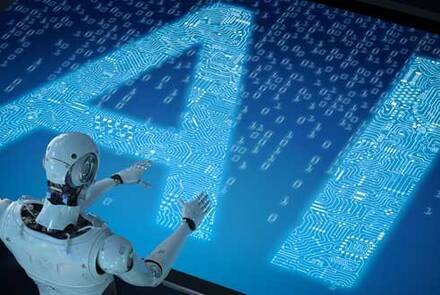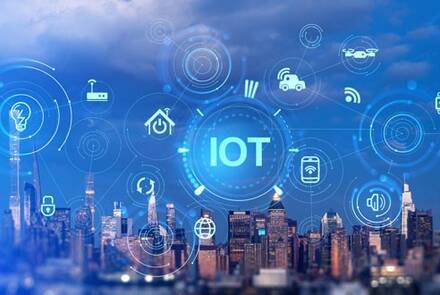How AI is Being Used in Smart Cities and IoT
June 09, 2023
Artificial intelligence is playing an important and growing role in the development and implementation of Smart City and IoT (Internet of Things) initiatives. Here are some ways AI is being applied in these contexts:
- Intelligent Transportation Systems (ITS): Artificial intelligence is used to optimize traffic management and improve transportation systems in Smart Cities. It can analyze real-time traffic data from various sources such as sensors, cameras, and GPS devices to identify traffic patterns, predict congestion, and optimize signal times. Algorithms based on artificial intelligence can also enable intelligent route planning and provide personalized transport recommendations. AI can also be used to manage other transportation functions such as smart parking, planning routes for delivery services, fleet management, managing transit systems, identifying equipment in need of repairs, and other areas.
- Energy Management: TAI can increase energy efficiency and sustainability in Smart Cities and IoT implementations. It can analyze energy usage patterns, weather data, and other variables to optimize energy distribution, predict energy needs, and identify energy-saving opportunities. Artificial intelligence algorithms can adjust the energy consumption of buildings, streetlights and other infrastructure based on real-time data and fluctuations in demand.
- Environmental Monitoring: Artificial Intelligence can facilitate environmental monitoring in Smart Cities. It can analyze data from various sensors, satellites and weather stations to monitor air quality, noise levels, waste management and water quality. AI algorithms can detect anomalies, predict environmental hazards, and trigger proactive pollution control and resource management measures.
- Infrastructure Management: Artificial intelligence can help manage city infrastructure. It can analyze data from IoT devices embedded in infrastructure elements such as bridges, roads, and buildings to monitor the health of structures, detect potential failures or unsafe conditions, and initiate maintenance. This proactive approach helps improve safety, reduce maintenance costs, and extend the overall lifespan of infrastructure.
- Electricity Management: Artificial intelligence can use smart grid management to optimize energy distribution in smart cities. It can analyze data from IoT devices installed on the power grid to predict power demand, identify potential faults, efficiently manage power supplies, reroute electricity to quickly restore services to areas experiencing outages. Artificial intelligence algorithms can also enable dynamic pricing models, demand-response schedules and grid balancing to ensure reliable and sustainable energy supply.
- Public Safety: AI can improve public safety in smart cities. It can analyze data from surveillance cameras, social media channels, and other sources to identify and respond to potential security threats or incidents. AI-powered video analytics can detect anomalies, identify suspicious activity, and send real-time alerts to law enforcement.
- Citizen Services: AI can improve citizen services in Smart Cities by helping citizens better understand the services that are available to them, and how to access them. AI-powered virtual assistants and chatbots can handle citizen inquiries, provide insight into public services, and help solve common problems. AI algorithms can also analyze citizen and neighborhood data to identify patterns and preferences, enabling targeted service delivery and better resource allocation.
These are just a few examples of the use of artificial intelligence in Smart Cities and IoT implementations. The potential applications of AI in these areas are vast, and continued advances in artificial intelligence technologies are likely to drive innovation in creating smart and sustainable urban environments.
For more information, Contact Us.






